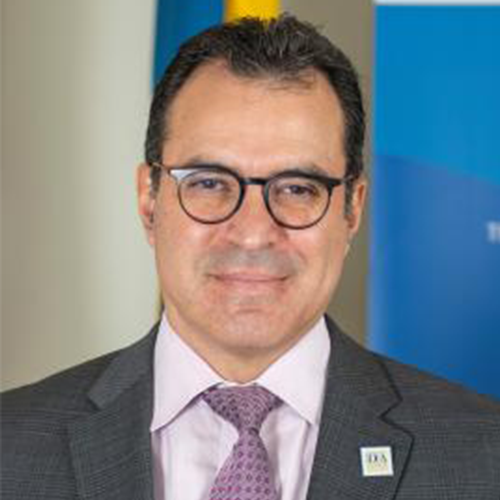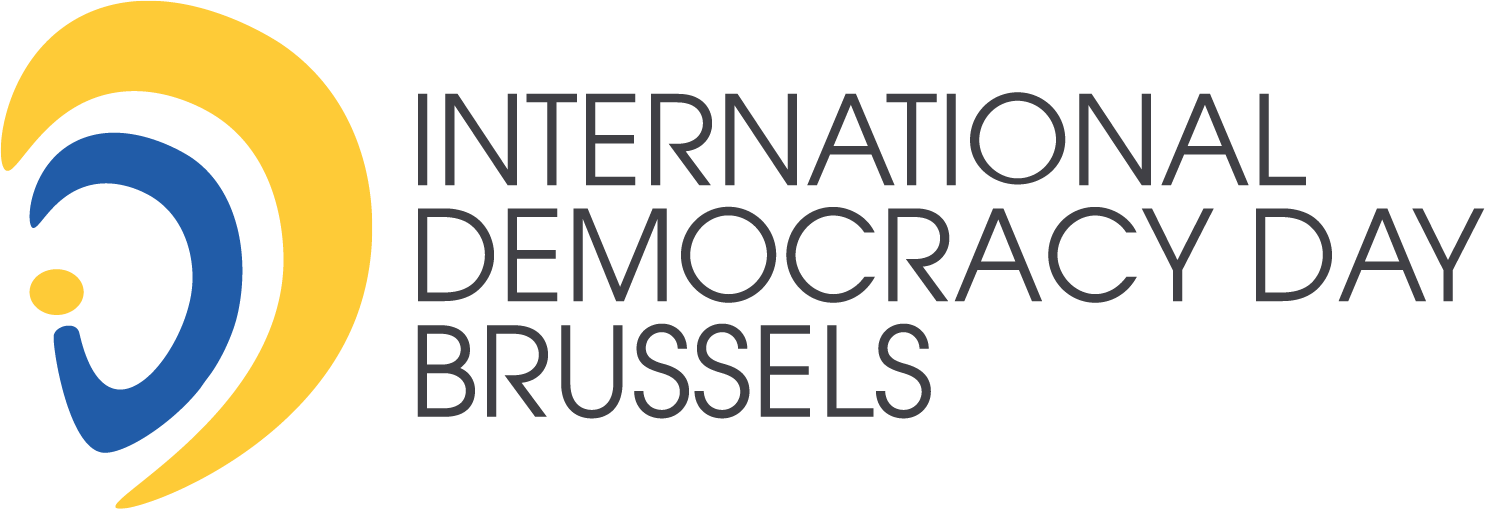
Kevin Casas Zamora
Secretary-General, International Idea
Casas-Zamora has more than 25 years of experience in democratic governance as a researcher, analyst, educator, consultant and public official. He embodies the rare combination of a distinguished academic career—strongly focused on electoral systems and democratic institutions—with practical experience as a high-level public official in his home country as well as multilateral organizations. Casas-Zamora is Senior Fellow at the Inter-American Dialogue, a Washington, DC-based policy research centre. Until recently, he was member of Costa Rica’s Presidential Commission for State Reform, and managing director at Analitica Consulting (Analitica Consultores). Previously, he was Costa Rica’s Second Vice President and Minister of National Planning; Secretary for Political Affairs at the Organization of American States; Senior Fellow at the Brookings Institution; and National Coordinator of the United Nations Development Program’s Human Development Report. He has taught at Georgetown University, George Washington University, and the University of Texas at Dallas, among many higher education institutions. He holds a Law degree from the University of Costa Rica, a Masters in Government from the University of Essex, and a PhD in Political Science from the University of Oxford. He has authored several studies on campaign finance, elections, democratization, citizen security and civil-military relations in Latin America. His doctoral thesis, entitled “Paying for Democracy in Latin America: Political Finance and State Subsidies for Parties in Costa Rica and Uruguay”, won the 2004 Jean Blondel PhD Prize of the European Consortium for Political Research (ECPR) and was published in 2005 by the ECPR. He was selected as Young Global Leader by the World Economic Forum in 2007. In 2013, he became a member of the Bretton Woods Committee.
All Sessions by Kevin Casas Zamora
Session 1: Elections 2024 - latest state of play
2024 is a super election year. Elections will be held in 8 of the world's 10 most populous nations (Bangladesh, Brazil, India, United States, Indonesia, Pakistan, Russia, Mexico) as well as in 16 African countries. Around 4 billion voters - approximately a quarter of the world's population - are expected to be heading to the polls this year. How will these elections impact the world in general and democracy in particular? Is the world becoming more or less democratic? Has the European Union done enough to promote democracy in partner countries?

